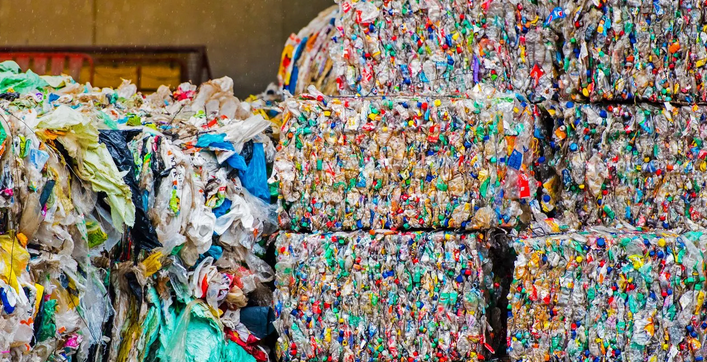
Unlocking the Potential of Plastic Recycling
In a world that is becoming more and more mindful of sustainability, trying to recycle is much more important than before. Among all the kinds of plastics recycling components we recycle, plastic-type material is probably the most widely used, however the most bothersome. The destruction of plastic is slow and hazardous for that environment, leading to an important effect on our ecosystem. To safeguard the planet, it is essential that we discover the skill of plastic-type trying to recycle. In this website publish, we shall check out the realm of plastic-type trying to recycle, the types of plastic-type material, its advantages, and even more.
Initially, let us know the different types of plastic. You will find seven kinds of plastic-type material, and every possesses its own exclusive components that are numbered 1-7. A lot of areas only agree to certain kinds of plastics for recycling, so it’s vital to understand which varieties are commonly reused. Sort 1 plastic is the most commonly recycled plastic-type material, such as bottles, jars, and storage containers. Kind 2 plastic materials are high-density polyethylene, applied in milk jugs, washing soap containers, and grocery store luggage. Sort 3 plastic materials are Polyvinyl chloride, used for house siding, piping, and certain kinds of packaging. It is very important consider the type of plastic material employed in distinct goods to guarantee correct trying to recycle.
2nd, let us recognize the advantages of plastic-type material trying to recycle. In addition to decreasing the level of plastic material spend in the environment, trying to recycle plastic materials have many other impressive environment and financial rewards. The materials are used again, which conserves organic solutions and helps save power. Furthermore, it reduces the quantity of waste materials brought to trash dumps, which helps save place which can be used for other crucial purposes. And finally, plastic material recycling can create jobs in the recycling industry, improving your local economic climate, and minimizing dependence on imported goods.
Thirdly, let us go over the art of plastic-type recycling. To learn the skill of plastic-type material recycling, we need to initial care for our plastic material spend. Including choosing recyclable products, correctly disposing of them, and moving them to a trying to recycle middle. Remove caps from bottles, always rinse out your boxes to minimize odour, squash containers to conserve space, and sort them according to type to really make it simpler for recycling establishments. Neighborhoods that recycle plastic materials offer you assets to check on for recycling guidelines and knowledge on areas.
4th, let us look for the future of plastic-type recycling. It’s very clear that plastic-type presents substantial environmental problems. However, science consistently progress strategies for recycling plastic-type merchandise, such as increased local community involvement, federal government projects, and new plastic-recycling technology. As an example, some communities work with a closed-loop trying to recycle method that conserves solutions by using the same plastic for the very same or very similar reasons. Research workers will also be trying out new technologies that can substitute standard types of recycling, with the possibility to make plastic-type material trying to recycle even more successful.
short:
To summarize, perfecting the skill of plastic-type trying to recycle calls for responsibility, determination, and an idea of the different types of plastic materials, their advantages, as well as the suitable fingertips tactics. We must come together to teach and motivate other people in our community to correctly reuse plastic-type material and stop plastic spend from coming into our environment. With each re-cycled product or service, we create a substantial donation to safeguarding our world for generations to come. Once we implement this attitude, it does not be very long until we learn the skill of plastic material trying to recycle, and create a far healthier, more environmentally friendly potential.
Proudly powered by WordPress. Theme by Infigo Software.